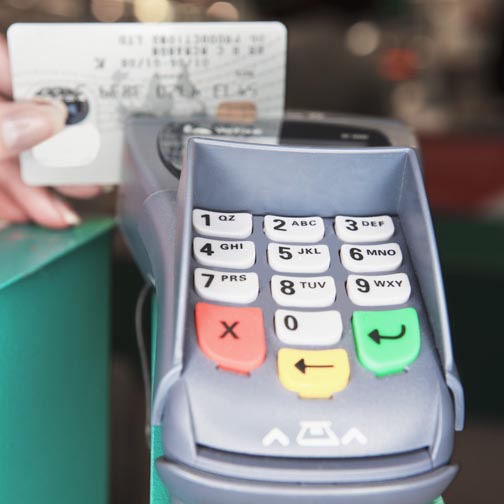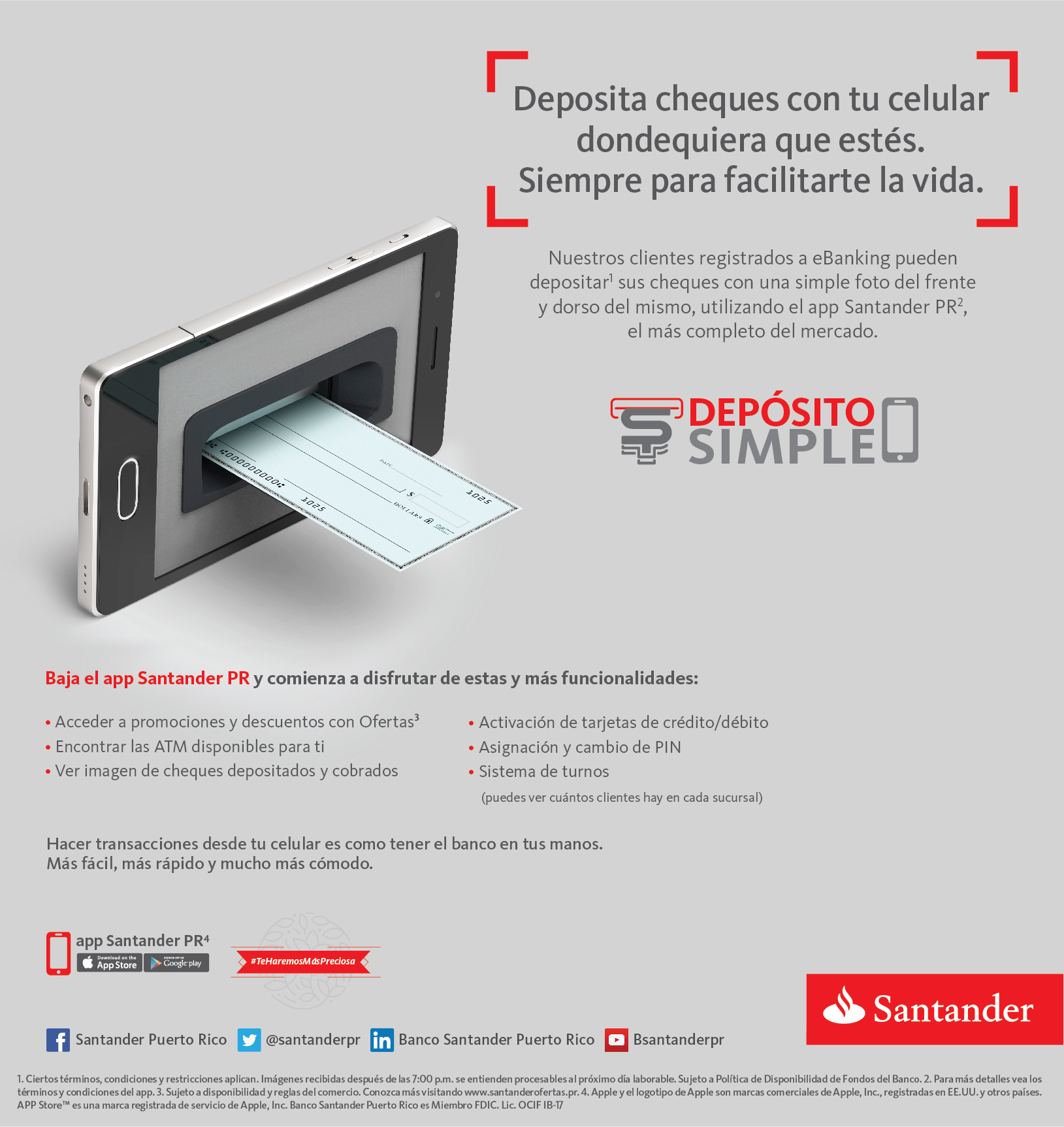Unbranded local debit cards no longer accepted at many stateside retailers

If you are one those people who is used to swiping a locally-issued ATM card to pay for purchases at stateside retailers, just as you would with cash, you may want to check with your bank whether that option is still available to you.
That’s because a last-minute addition to the Dodd-Frank Wall Street Reform and Consumer Protection Act of 2010 called the Durbin Amendment, which went into effect Oct. 1, 2011, has changed the rules of the game for U.S.-based banks as well as merchants.
In the case of Banco Popular de Puerto Rico, the island’s largest financial institution, the new post-Durbin scenario has meant eliminating the benefit previously associated with regular debit cards and giving the option to at least 40,000 customers to switch to a Visa-branded card that allows them to continue paying at stateside establishments using funds drawn from their checking or savings accounts.
“This is the product we’re offering customers who travel because it’s not only good in Puerto Rico, but wherever Visa is accepted,” said Miguel Páez, first vice president of individual banking at Banco Popular.
While he confirmed that Popular sent some 40,000 to customers in December notifying them of the change, News is my Business is aware that there are ATM cardholders who still have not received the letter or were aware of the changes as of last week.
“We started the conversion with a group of clients with a high volume of transactions outside Puerto Rico over the past four months. Another group got the letters informing them of their option to change,” Páez said.
Last week, Twitter was abuzz with messages from customers who had traveled stateside and were unable to pay for their transactions at certain stores that prior to the Durbin Amendment accepted them.
For example, Dollar General was mentioned at one of the retailers that despite being included in a list of 50 stateside merchants that accepted Popular’s unbranded debit cards as a form of payment, declined the card at the register. Target is also no longer accepting the regular debit card as a form of payment.
“The retailers that are not accepting ATM cards, are the ones such as Target that do not have operations in Puerto Rico,” he said. “On the other hand, retailers such as CVS, Walmart and Kmart that do have operations here, and accept the regular ATM card here, will accept it in the U.S.,” he said.

Popular is working on establishing agreements with more merchants and expects to be able to announce new additions in coming months.
The banking executive said Popular is working on establishing agreements with more merchants and expects to be able to announce new additions in coming months.
For now, clients switching their regular ATM to a Visa-branded card will not be charged for the change, he said, while urging customers who have yet to receive a notification to contact the bank prior to traveling stateside.
Local ATM customers were first given the ability to use their cards in the U.S. mainland on a widespread basis in 2006, when Popular Inc.’s former wholly owned subsidiary, Evertec, hooked up with the NYCE network, whose member banks were concentrated in the Northeast. However, the Durbin Amendment also changed network usage rules.
Local Durbin Amendment fallout
With the change, Banco Popular adds its name to the list of banks taking significant steps to address the fallout of the Durbin Amendment, named after its author Illinois Sen. Dick Durbin.
Among other things, the new rules establish how much banks can charge retailers when a debit card is swiped, capping fees at 21 cents per swipe, instead of the prior 44-cent average per transaction. Banks argued the nearly 50 percent fee reduction now in effect does not generate enough to cover their expenses of providing a secure transaction system, including fraud-prevention mechanisms.
When passed, the Durbin Amendment was dubbed as “the business killer,” as it represented increased banking costs and greater government intervention in the private sector. Durbin, however, said the mandate would benefit retailers by making them more profitable, so they could in turn benefit consumers by passing on the savings.
“The consensus among bankers, however, has been that retailers aren’t likely to pass on the savings to consumers because, well, business folk are only human, and they’ll want to keep the profit,” Fox Business said in a story published on the issue. “That would mean that consumers will get nothing out of the Durbin Amendment.”
The mandate gained notoriety just as soon as it passed in October 2011, as it prompted Bank of America to announce a plan to slap a $5 monthly fee on debit card customers. The bank buckled under public pressure and desisted of the fee. Other banks are eliminating free checking altogether.













